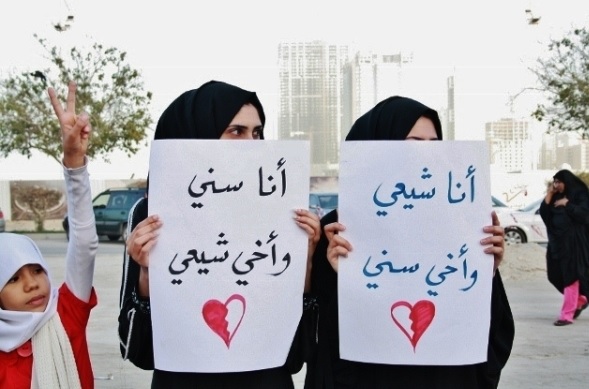
Rasa News Agency Reports – “If the world knew that today what the prevalent conditions in the world were, it should reflect on the path of life until its problems are removed,” said Ayatollah Ja’far Sobhani, one of the greatest sources of emulation of this era, to students present at the inauguration of the Amir al-Momenin (A) Seminary in the Iranian city of Rasht.
He explained that Imam Muhammad al-Baqir (A) and Imam Ja’far as-Sadiq (A) were able to create a “movement of knowledge” because of their correct understanding of the conditions of their era. “Those two Imams laid the foundation for a movement of knowledge after the violent conditions which followed the tragedy of Karbala and jihad (defensive war) was impossible and giving blood in the path of jihad didn’t have much value,” he explained.
“With his correct understanding of the conditions of his era, Imam al-Baqir (A) was able to explain true Islam to the people,” Ayatollah Sobhani explained. He noted that Imam al-Baqir (A) established a seminary in the Mosque of the Noble Prophet (S), wherein he explained the great sayings of the Prophet (S).
Imam al-Baqir (A) took great action during the decline of the Umayyad dynasty to revive true Islam [that had be destroyed] and explain the traditions of the Prophet (S) in the Mosque of the Prophet (S) in Madinah.
“One of the conditions during the era of Imam Husayn (A) was to act according to the Prophet (S) and during era of Imam al-Baqir (A) the conveyance of Islam and the traditions of the Prophet was undertaken,” he added.
“After the passing of the Prophet Muhammad (S), the writing of Hadith was forbidden and telling false tales began and the books of traditions were set on fire and destroyed. One of the problems in the history of Islam is that why this was allowed to occur,” Ayatollah Sobhani stated.
For about 143 years after the Prophet’s migration to Madinah, traditions were narrated on a personal [oral] basis, he noted.
When Imam al-Baqir (A) and Imam as-Sadiq (A) were able to further their movement, 4,000 students were trained in the fields of language, Quranic exegesis, theology, hadith sciences. During the time of Imam Hasan al-‘Askari (A) and afterwards, the number of Shi’ah students in the seminaries increased. The seminaries of Khorasan, Rey, Qom and Kufah became the largest in the history of Shi’ism, Ayatollah Sobhani explained.
“In the 14th century of Islam [our current era], two seminaries in the world of Islam are shining. The Seminary of Najaf, with a one thousand year-old history, and the Seminary of Qom. Compared to the other seminaries in the world, these two have had such an affect on the world that today we see the blessings of the Seminary of Qom and we’re all in debt to it,” he said.
“The countries of Central Asia are now free and are seeking true Islam,” he told the seminary students.
“The Saudi Arabian government is establishing universities in all the places that it enters. Thus, we must also prepare ourselves to accept those who are not aware of the Islam of Imam ‘Ali (A) so that we can teach them about the theology and prophetic traditions of true Islam, he explained.
“Islam is an advocate of knowledge,” Ayatollah Sobhani explained. “The word ‘ilm’ (knowledge) with all its derivatives occurs 779 times in the Quran. This explains the importance that the Quran and Islam gives to knowledge and culture and seeks an educated society.”
“Ignorant children rip up their books and the Wahhabi’s have ignorant and childlike verdicts which are causing the destruction of Islam to such an effect that the Islam that remains is strange. They perform these efforts in the name of monotheism,” he said in regards to the activities of the Wahhabi sect.
He also added that christianity, because of its lack of evidence, has become a myth.
“The seminaries and those trained in the seminaries must explain monotheism to the people,” he said. “The lessons of Velayat (guardianship) must be a part of the lessons taught in the seminaries.”
111/112